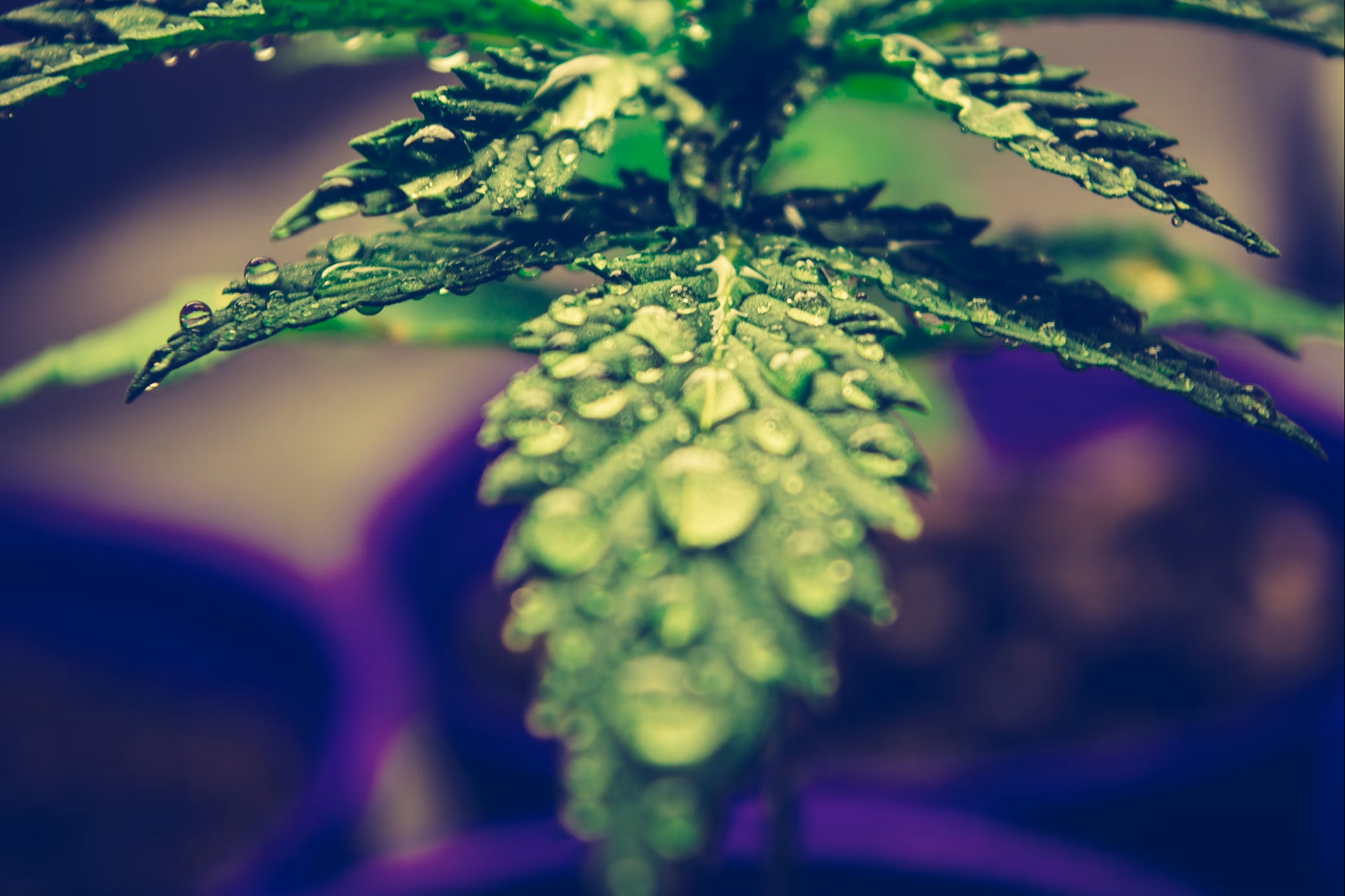In recent years, the discussion surrounding the relationship between cannabis use and mental health has gained significant attention. As more countries and states legalize cannabis for medicinal and recreational purposes, understanding the potential risks and benefits becomes crucial. This blog aims to delve into the complex interplay between cannabis and mental health, exploring both positive and negative aspects to provide a comprehensive perspective.
The Potential Benefits:
- Pain Management: One of the primary reasons individuals turn to cannabis is for its potential to alleviate chronic pain. Cannabinoids, the active compounds in cannabis, interact with the endocannabinoid system, influencing pain perception and providing relief for conditions like arthritis, neuropathy, and migraines.
- Anxiety and Depression: Some users report subjective improvements in symptoms of anxiety and depression. Cannabidiol (CBD), a non-psychoactive compound found in cannabis, has been particularly studied for its anxiolytic and antidepressant properties. However, the effectiveness varies from person to person, and more research is needed to understand the mechanisms at play.
- Epilepsy and Seizures: Epidiolex, a CBD-based medication, has been approved by the U.S. Food and Drug Administration (FDA) for the treatment of certain types of epilepsy. The anticonvulsant properties of CBD show promise in managing seizure disorders, providing hope for patients who have not responded well to traditional treatments.
The Potential Risks:
- Psychosis and Schizophrenia: Perhaps the most well-documented risk associated with cannabis use is an increased likelihood of psychosis and schizophrenia, especially in individuals with a predisposition to these conditions. THC (tetrahydrocannabinol), the psychoactive compound in cannabis, is believed to be the culprit. Regular and heavy use, particularly during adolescence, may heighten the risk.
- Memory and Cognitive Impairment: Cannabis can impair short-term memory and cognitive function, impacting learning and concentration. This is mainly attributed to the effects of THC on the hippocampus, a brain region crucial for memory formation. Prolonged use, especially in high doses, may lead to persistent cognitive deficits.
- Addiction and Dependence: While cannabis is often considered less addictive than substances like alcohol or opioids, it is not without risk. Some individuals can develop a dependence on cannabis, experiencing withdrawal symptoms such as irritability, insomnia, and loss of appetite when attempting to quit. The risk of dependence is higher in those who begin using cannabis at a young age.
Navigating the Middle Ground:
- Strain and Cannabinoid Composition: The cannabis plant contains hundreds of cannabinoids, each with its unique properties. Different strains and compositions can produce distinct effects. CBD-dominant strains, for example, may offer therapeutic benefits without the psychoactive high associated with THC. Understanding the composition of the cannabis product is crucial for tailoring its use to specific mental health goals.
- Dosage and Frequency: Like any medication or substance, moderation is key. Consistent heavy use of high-THC cannabis may elevate the risk of adverse mental health outcomes. Establishing responsible usage patterns and being mindful of dosage can help mitigate potential risks while still reaping the desired benefits.
- Individual Variability: Mental health responses to cannabis vary widely among individuals. Factors such as genetics, pre-existing mental health conditions, and environmental influences play significant roles. It’s essential to recognize that what works for one person may not be suitable for another, and consulting with a healthcare professional is crucial for personalized advice.
Conclusion:
As the legalization and acceptance of cannabis continue to grow, it is imperative to navigate its potential impact on mental health with a balanced perspective. While there are promising therapeutic benefits, the risks, especially concerning psychosis and cognitive impairment, should not be overlooked. Individuals considering cannabis use for mental health reasons should engage in informed decision-making, seeking guidance from healthcare professionals and staying attuned to their unique responses. The evolving landscape of cannabis research holds promise for a deeper understanding of its intricacies and the development of targeted interventions for mental health conditions.



